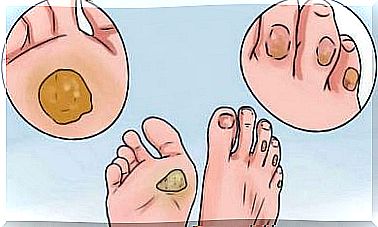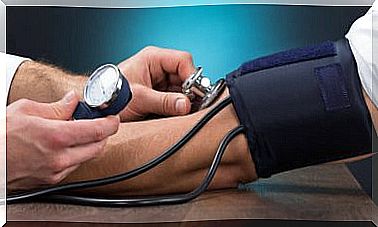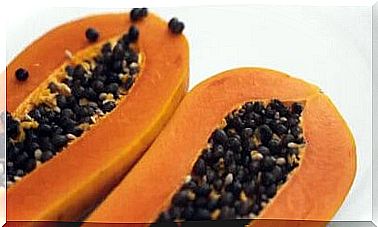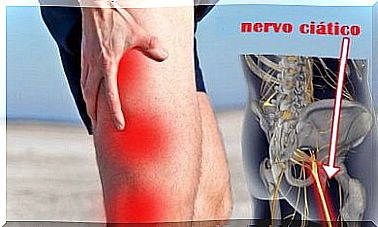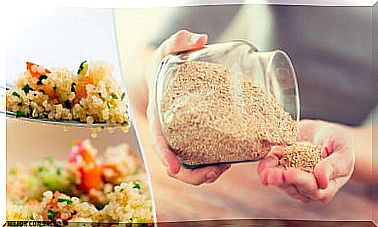Did You Know You May Be Suffering From Gastroesophageal Reflux?
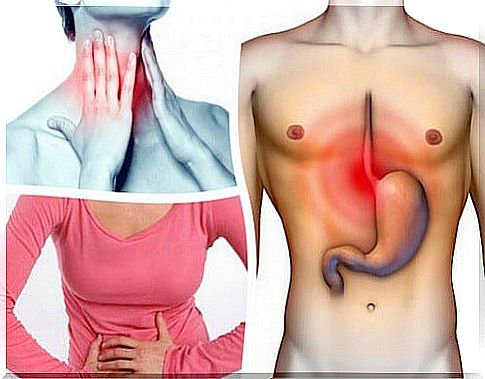
This digestive disorder known as gastroesophageal reflux is characterized by a burning and unwell feeling in both the stomach and esophagus. Its symptoms usually appear more clearly after eating or drinking, and it is possible to suffer from this condition without realizing it.
In this article, we will talk about the main symptoms of reflux and the treatment possibilities it offers, as well as explain a little more about its particularities.
Characteristics of gastroesophageal reflux

This condition affects the lower esophageal sphincter, a muscle located between the stomach and the esophagus. Under normal conditions, it opens to allow food to pass through the stomach and then closes to prevent the contents from returning.
However, there are some times when the sphincter is weak or momentarily relaxes and fails to perform its function properly.
With this, reflux occurs, when some stomach contents manage to return to the esophagus.
This change in the sphincter can be caused by a few different factors, such as those listed below:
- eat too fast
- Obesity
- Gestation
- Diabetes
- Smoke
- Hiatus hernia
Symptoms of gastroesophageal reflux

It is important to remember that the burning sensation and reflux can occur in all of us at one time or another in our lives. However, it is necessary to be aware of the symptoms if they start to be felt chronically.
If so, see a specialist as soon as possible to get a diagnosis of this condition.
The main symptoms of gastroesophageal reflux include:
- Burning sensation in the chest, which can also spread to the throat.
- Acid Regurgitation
- A bitter taste in the mouth, which may be similar to the taste of the food you’ve eaten, but with a more acidic taste.
- chest pains
- Difficulty swallowing food, also called dysphagia
- Dry cough
- Soreness or swelling in the throat
- constant burping
- Feeling of having a strange lump in the throat
- Nausea
- Feeling heavy after meals
If you are experiencing any of these symptoms with unusual and unusual frequency, it is worth seeing a doctor.
Treatment of gastroesophageal reflux
The symptoms of this condition are usually treated with conventional antacid medications that can be found at your nearest pharmacy.
In addition to using this type of medication, we can also bet on natural treatments, which involve both changes in habits and lifestyle and some home remedies that can be of great help.
Changes in habits
- Divide your daily caloric intake into several meals, avoiding consuming too much food at once.
- Avoid certain foods such as fried foods, chocolate, alcohol and caffeine. Different foods can bother you in different cases, so be aware and observe which foods trigger reflux in your specific case.
- Try to maintain a healthy weight, as being overweight and obese are factors that favor reflux.
- Do not lie down after meals.
- If you smoke, this is all the more reason to quit the habit, as smoking impairs the action of the sphincter.
- Do not wear clothes that are too tight, as they put pressure on the abdomen and sphincter and can increase the feeling of discomfort.
natural remedies
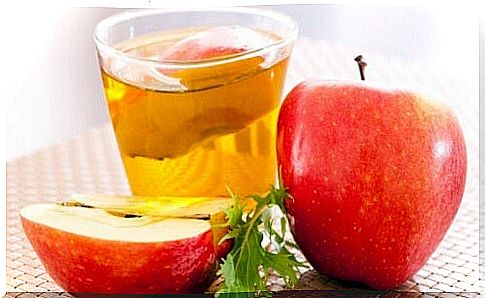
In addition to lifestyle changes that can greatly help to reduce gastroesophageal reflux, we will share below the recipe for three natural remedies that can work as an adjunct to the treatment of this condition.
1. Apple vinegar
We know that apple cider vinegar offers several amazing health properties, and its ability to treat reflux is another one of them.
Just mix a spoonful of apple cider vinegar in a glass of water . Always drink before bed to calm the stomach and favor the digestion process. This remedy can also be consumed right after meals.
2. Sodium bicarbonate
Another element that has numerous properties, and among them is the fact that sodium bicarbonate acts as a natural antacid that treats stomach pain, gastritis and gastroesophageal reflux.
Just add a scoop of baking soda to a glass of water and drink quickly, without letting it bubble up.
3. Aloe vera juice
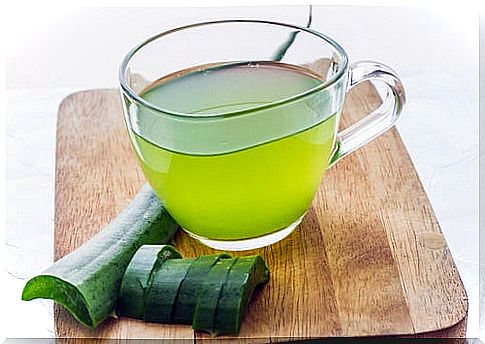
Aloe vera is another amazing natural remedy that treats different diseases and conditions. In the case of reflux, we will use your juice.
Dilute the contents of an aloe vera stalk (about 30 g) in half a glass of water. Drink when you start to experience symptoms.
